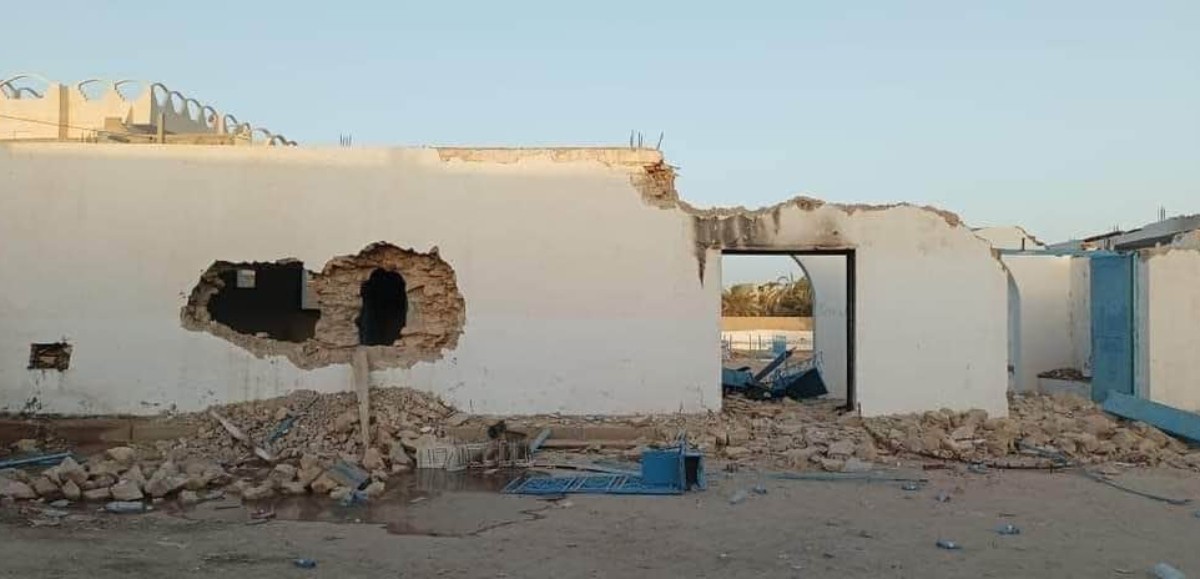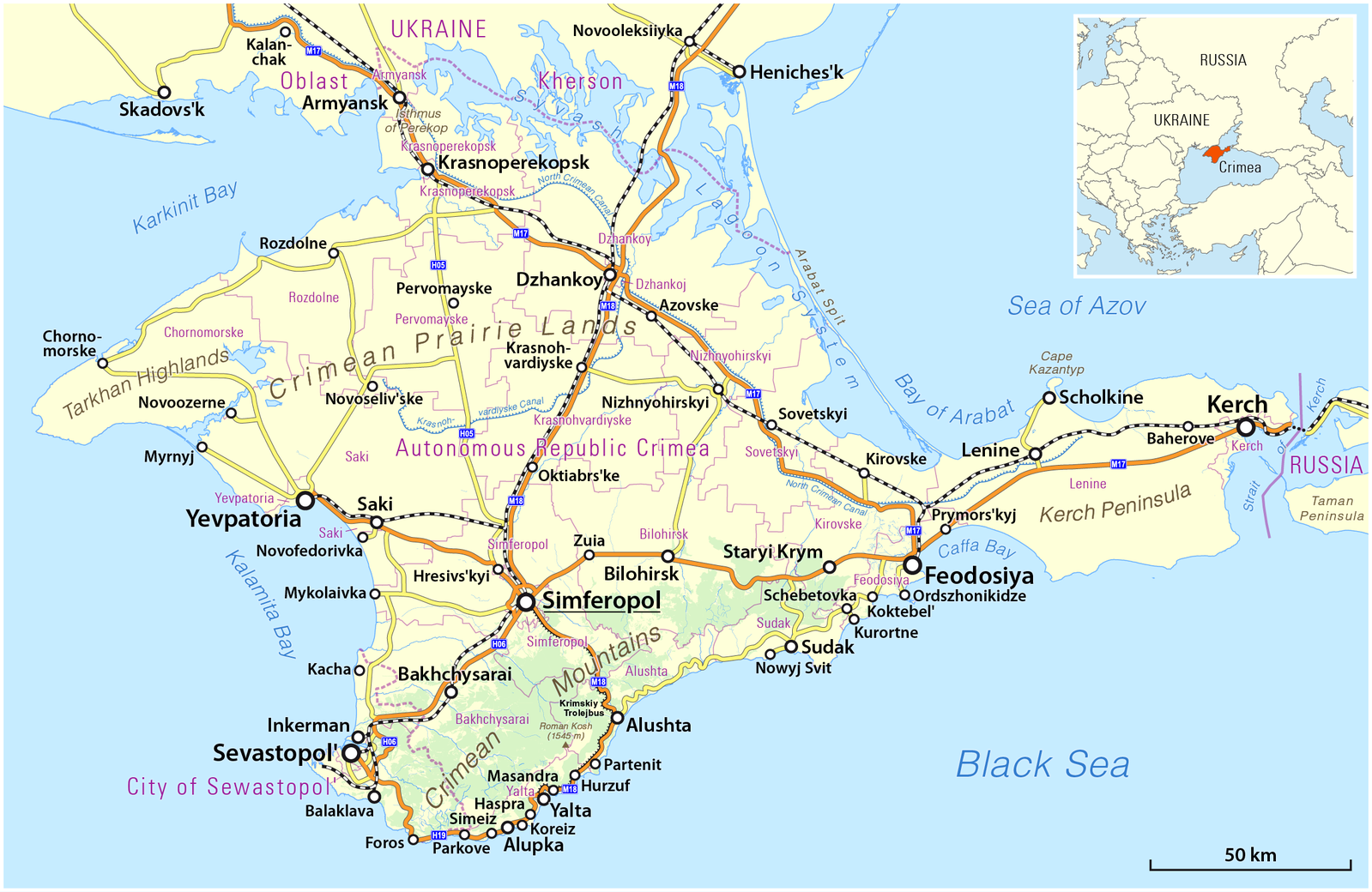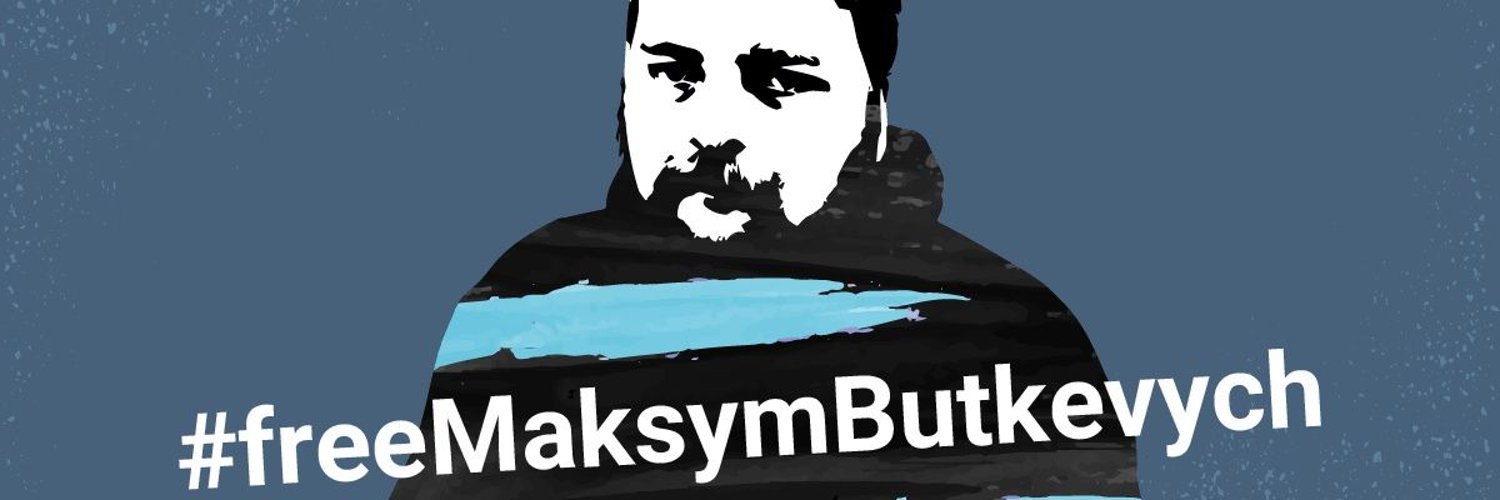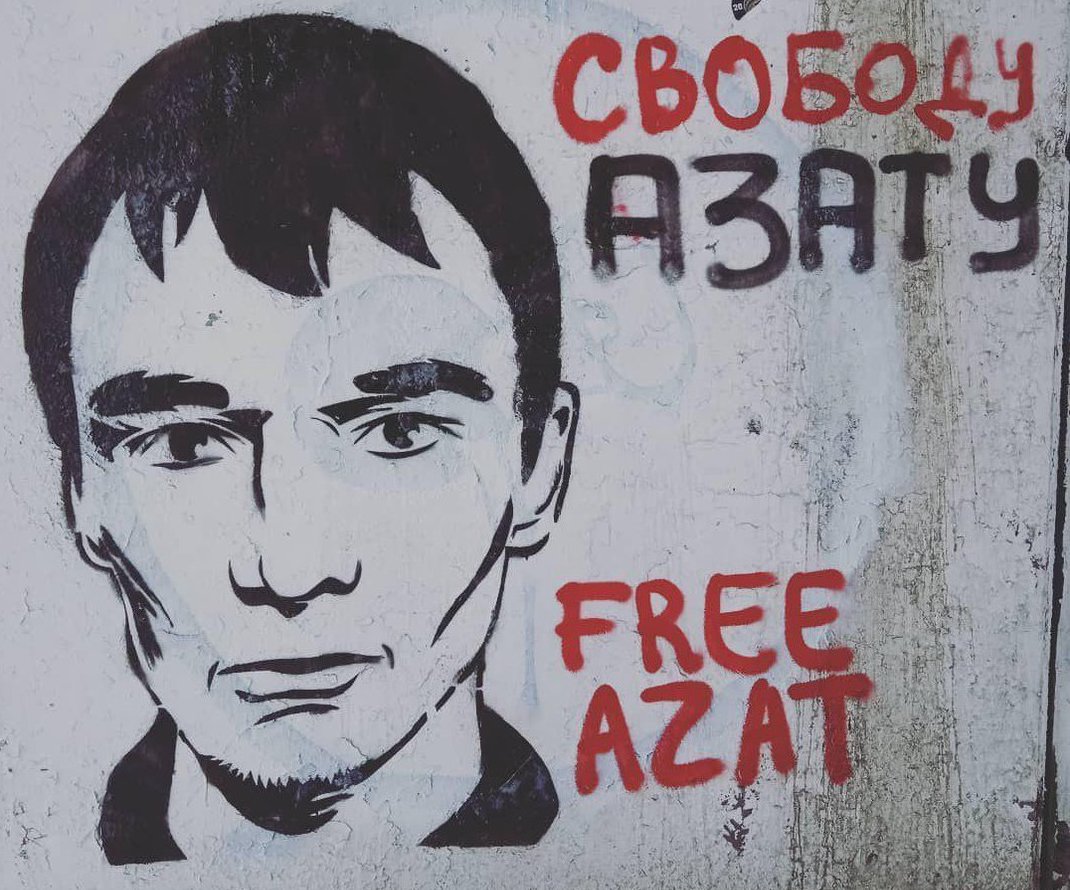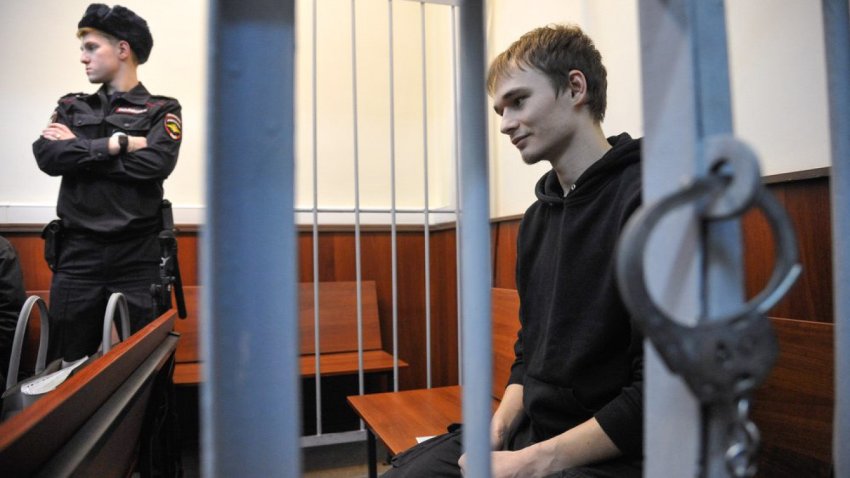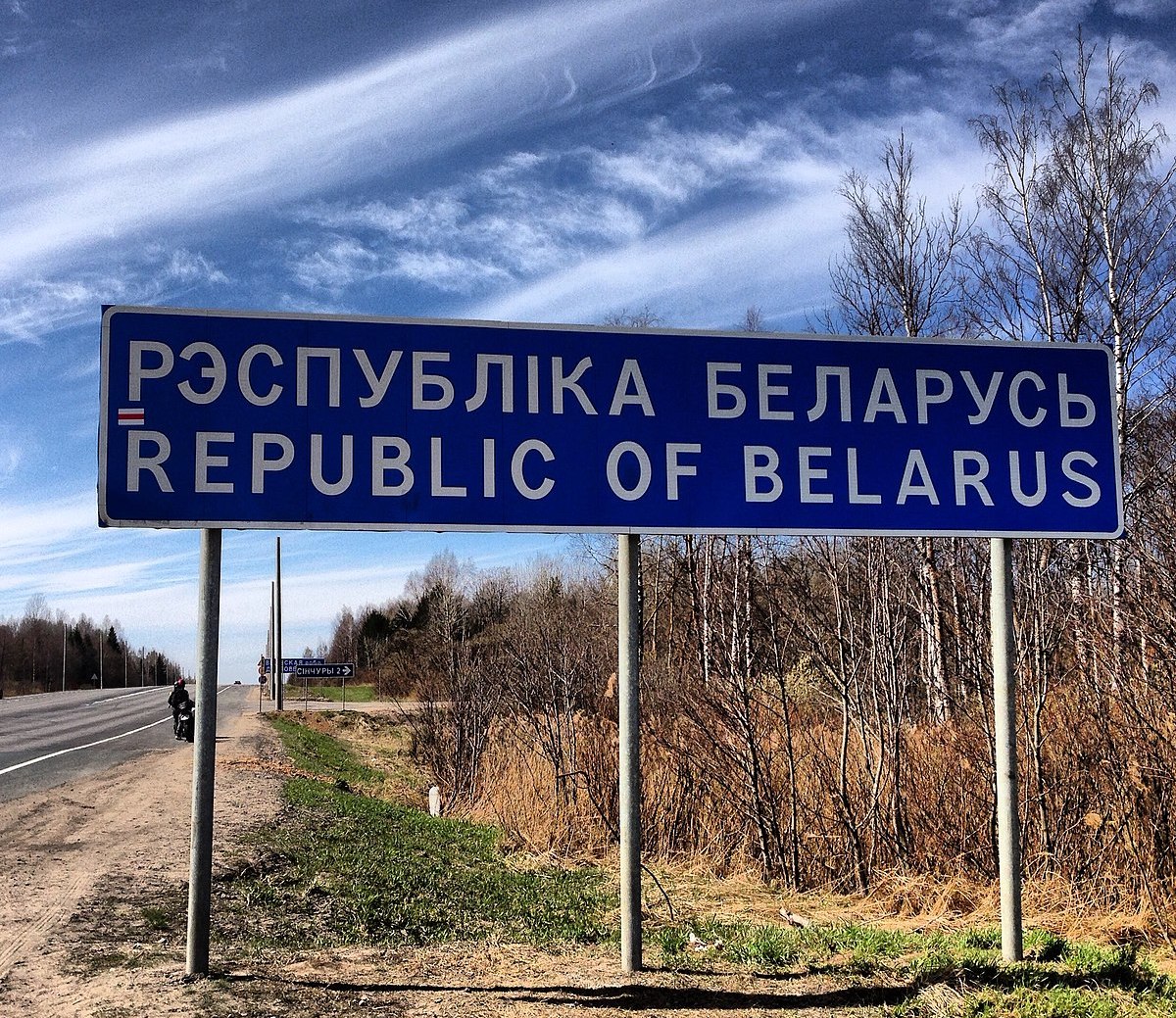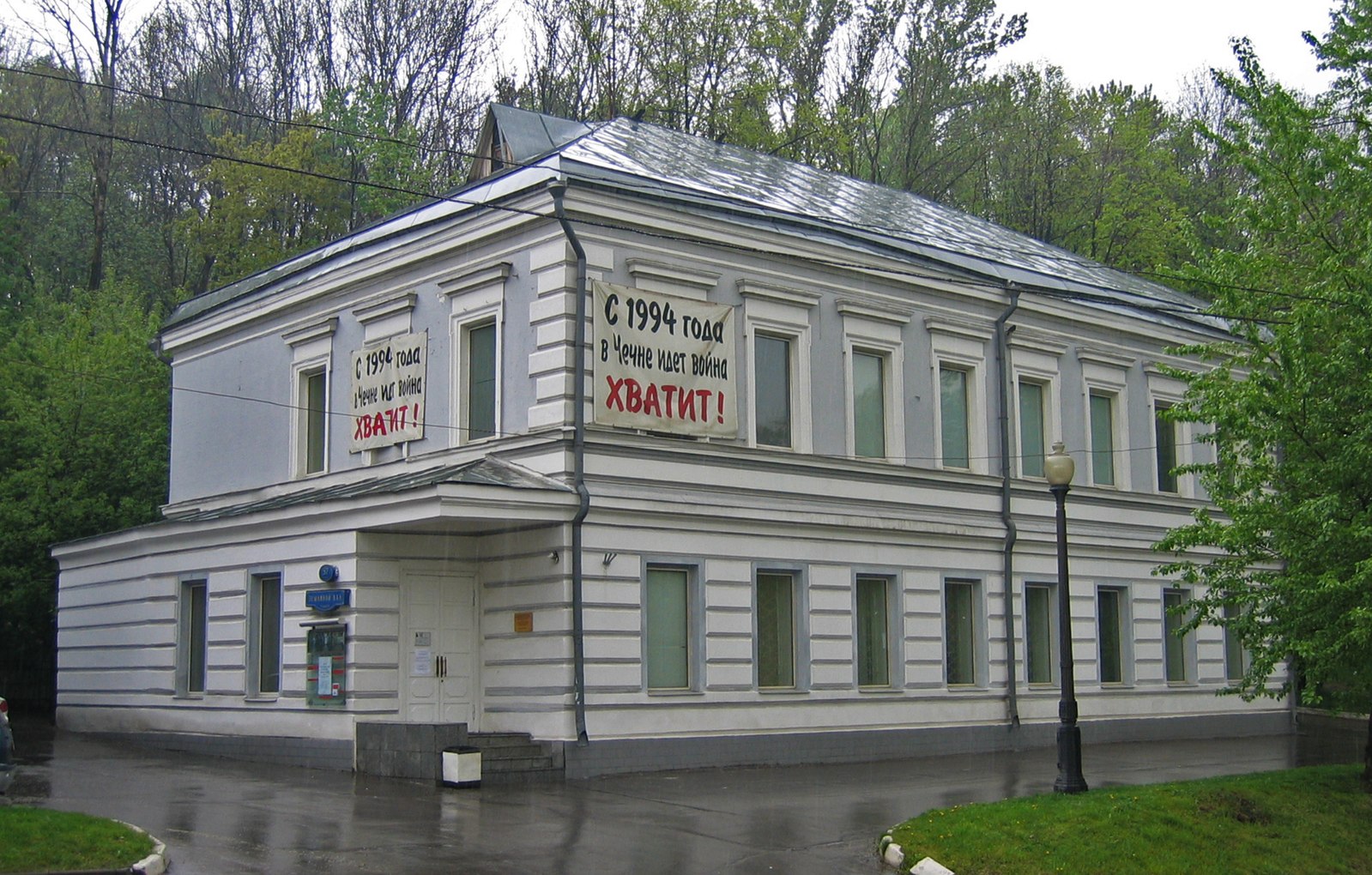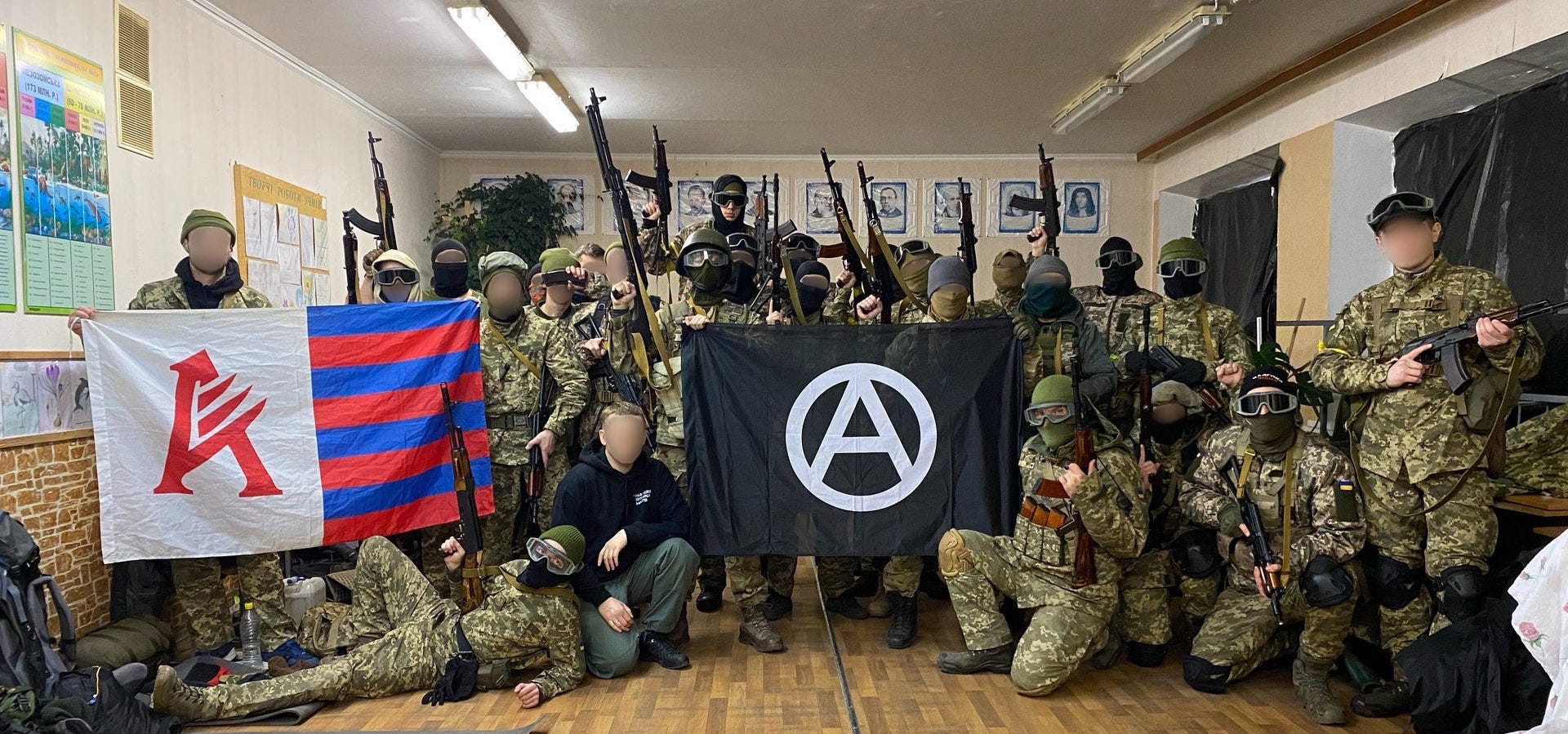Evidence mounts of Russian war crimes in Ukraine
A new UN report finds continued evidence of war crimes and human rights violations committed by Russian forces in Ukraine, including torture, rape and the deportation of children. The report, the latest issued by the Independent International Commission of Inquiry on Ukraine, documents additional indiscriminate attacks with explosive weapons, resulting in deaths, injuries and the destruction and damage of “civilian objects.” For example, 24 people, mostly women and children, were killed in an attack on a block of residential apartments in Uman, a city in the Cherkasy region, in April. (Map: PCL)




